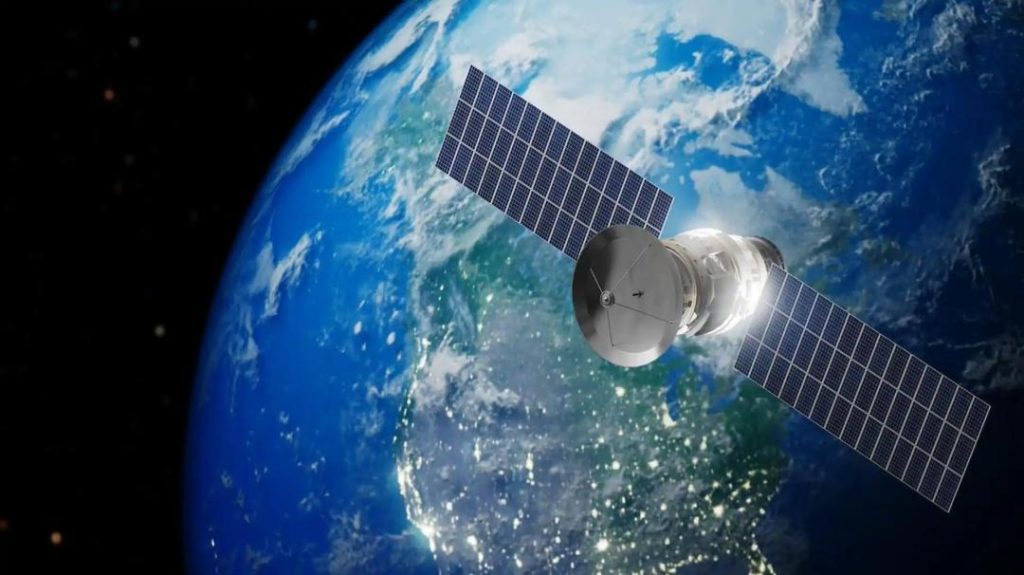
What are Space Pirates & How Can Satellites be Secured from Them?
The term “space pirate” may evoke images of swashbuckling adventurers plundering treasure on distant planets. However, in the modern era, space pirates are a very real threat to the satellites that orbit our planet. These individuals, or groups, attempt to attack man-made satellites either virtually or physically using various methods. The consequences of such attacks can be devastating, disrupting critical communication, navigation, and even national security systems.
In recent years, the threat of space piracy has gained significant attention, with experts warning that countries and companies owning satellites must build multi-layered security systems to protect their assets. In this blog post, we’ll delve into the world of space piracy, exploring the threats, methods, and potential solutions to secure our satellites from these cyber-buccaneers.
What are Space Pirates?
Space pirates are individuals or groups that aim to compromise the security of satellites, either by hacking into their systems or physically destroying them. These attacks can have significant consequences, including:
- Data theft: Satellites collect vast amounts of data, including sensitive information, which can be stolen and sold on the black market.
- Disruption of services: Satellites provide critical services such as communication, navigation, and weather forecasting. Disrupting these services can have significant economic and social impacts.
- National security risks: Satellites are used for military communication, surveillance, and reconnaissance. Compromising these systems can compromise national security.
Methods of Space Piracy
Space pirates use various methods to attack satellites, including:
- Cyber attacks: Hackers target satellite ground stations, control centers, and even the satellites themselves, using malware, phishing, and other tactics to gain access to sensitive information.
- Physical attacks: Pirates may use lasers, jamming signals, or other methods to disable or destroy satellites.
- Social engineering: Pirates may use psychological manipulation to gain access to sensitive information or equipment.
Why are Satellites Vulnerable to Space Piracy?
Satellites are vulnerable to space piracy due to the following factors:
- Limited visibility: Satellites operate in a vast, remote environment, making it difficult to detect and respond to attacks.
- Lack of international regulations: There is currently no international framework to regulate space piracy, leaving countries and companies without a clear set of rules to follow.
- Complexity of satellite systems: Satellites rely on complex systems and networks, making it challenging to secure them against attacks.
- Cost constraints: Building robust security systems for satellites can be expensive, leading some organizations to prioritize cost-effectiveness over security.
How Can Satellites be Secured from Space Pirates?
To secure satellites from space pirates, countries and companies must build multi-layered security systems incorporating ground-to-space operations. This includes:
- Implementing robust cybersecurity measures: Satellites and ground stations must be equipped with advanced cybersecurity systems to detect and respond to attacks.
- Encrypting data: Sensitive information must be encrypted to prevent unauthorized access.
- Developing rapid response capabilities: Methods of quick space travel must be devised to ensure rapid response to physical acts of piracy.
- Establishing international regulations: International agreements and regulations must be developed to address the threat of space piracy.
- Collaboration and information sharing: Countries and companies must collaborate to share information and best practices in securing satellite systems.
Conclusion
Space piracy is a growing threat to satellite security, with significant consequences for global communication, navigation, and national security. To address this threat, countries and companies must build robust security systems, develop rapid response capabilities, and establish international regulations. By working together, we can protect our satellites and maintain the integrity of our space-based assets.






